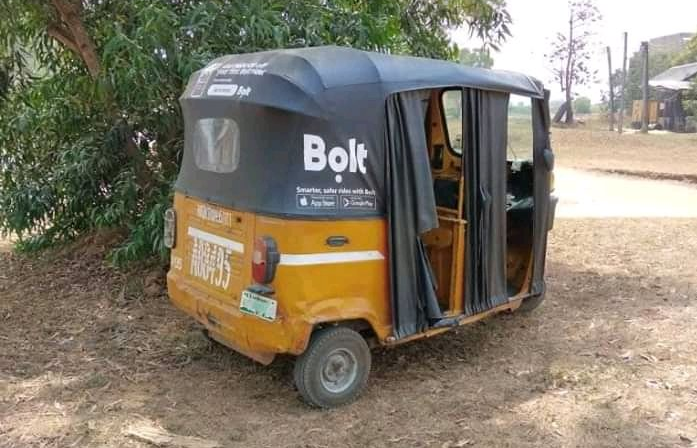In January, Bolt made a few announcements; a new feature that lets users add a few extra stops to their ride, appointment of a new country manager – Femi Akin-Laguda, and the launch of its tricycle-hailing service. Bolt’s decision to venture into the tricycle-hailing market didn’t come as a surprise to many as tricycle-hailing is becoming more popular around the country — a safer and cheaper option when trying to navigate traffic compared to motorbikes and taxis. Also, because some of its competitors in the ride-hailing scene are also diversifying into the tricycle-hailing market (think: OTrike and MAX Keke). So it is only normal for Bolt to try to keep up with its ride-hailing competitors in other markets in a bid to claim a share of the market to itself. Bolt’s first stop in the tricycle-hailing business is Uyo — a city OPay launched its own tricycle-hailing service in 2019, and according to the Bolt’s country manager, Femi Akin-Laguda:
Players Already In The Tricycle-Hailing Market
In 2019, online payment platform, OPay, launched its tricycle-hailing service – OTrike. The company was the first to introduce tricycle-hailing in Nigeria. OTrike was launched in Kano and Aba but has since expanded into twelve different cities around the country, including Uyo – the city Bolt is launching its tricycle-hailing service. Also, Lagos-based ride-hailing platform, Max.ng, launched its own tricycle-hailing service in 2019 as ‘Maxkeke’ in Lagos. With the current ban on motorcycles in Lagos, we wait to see if Gokada and other bike-hailing platforms will join the bandwagon and use tricycle-hailing as an expansion strategy into other cities in the country.

